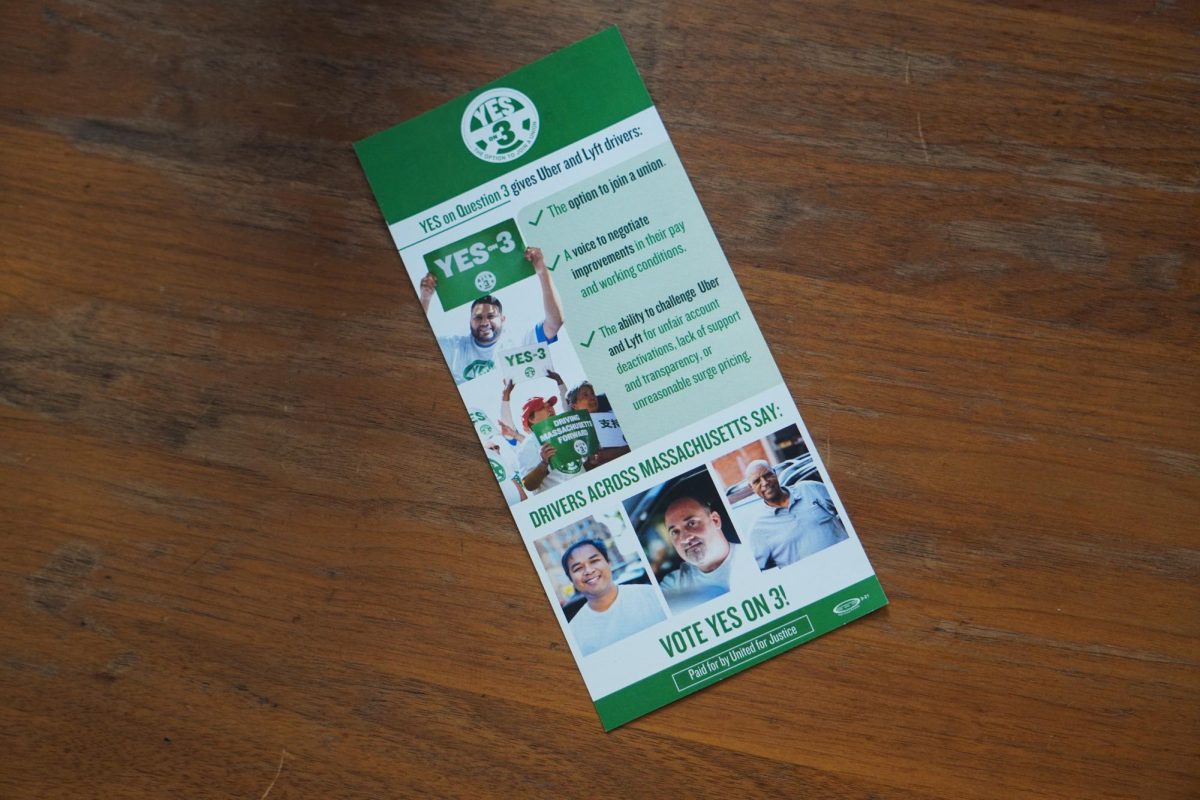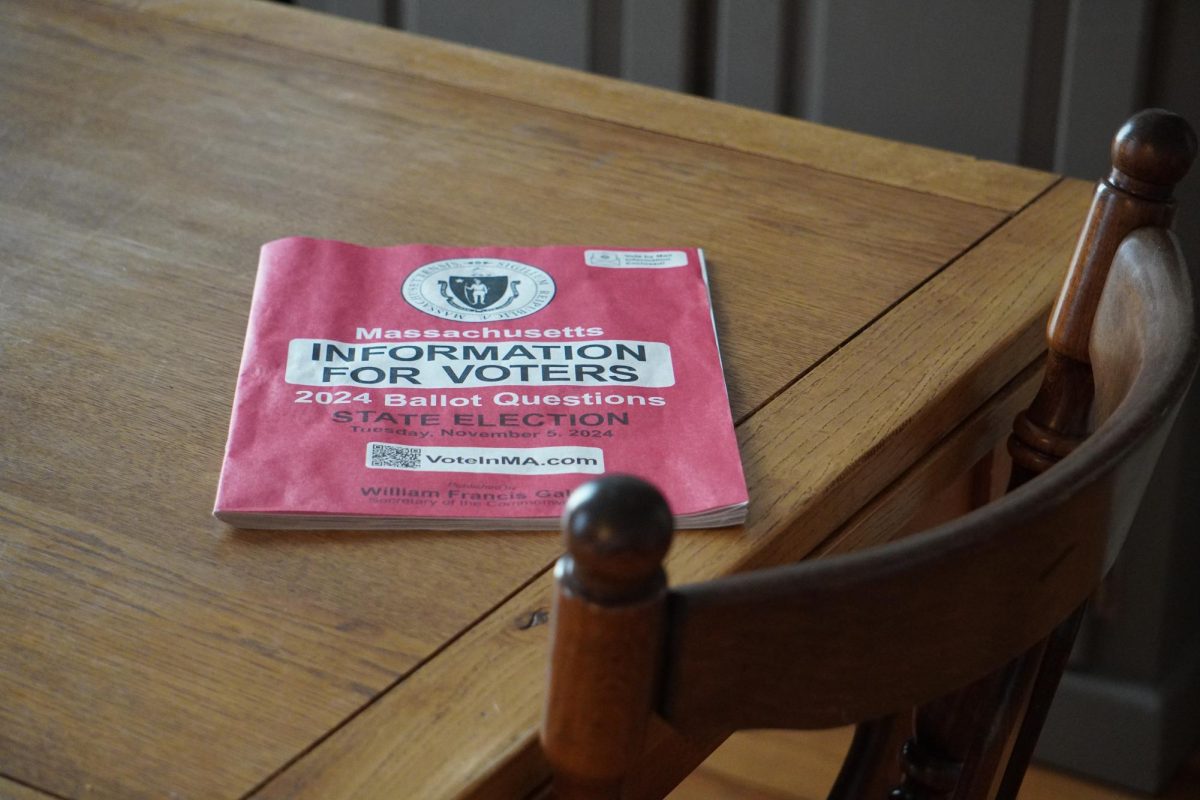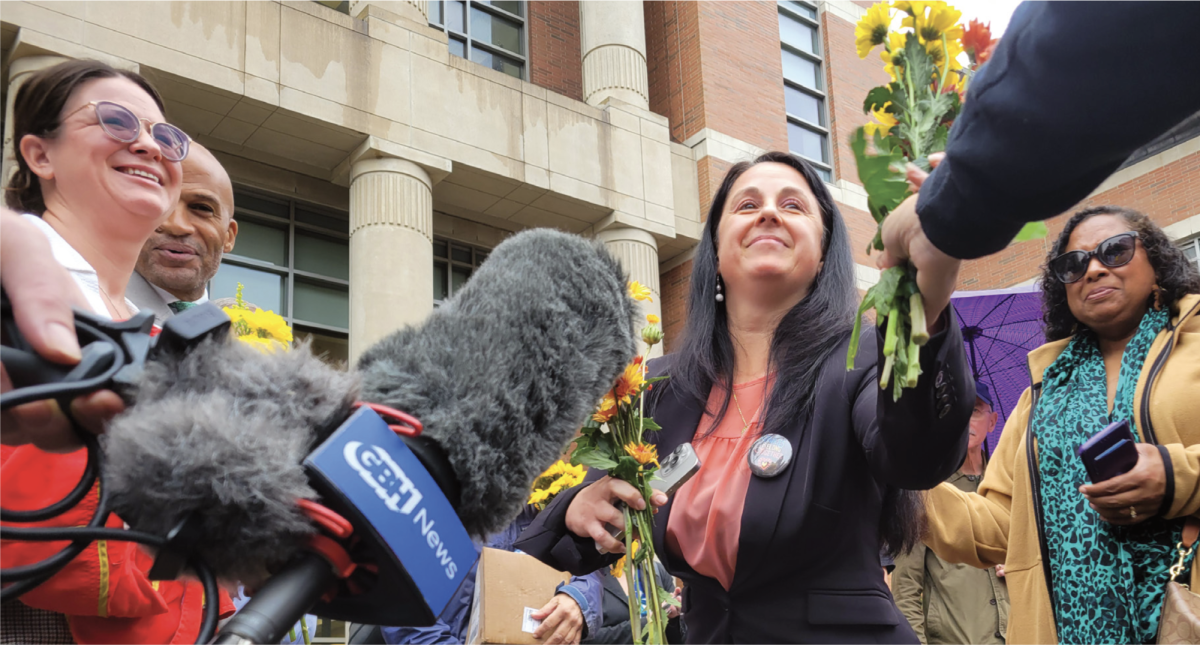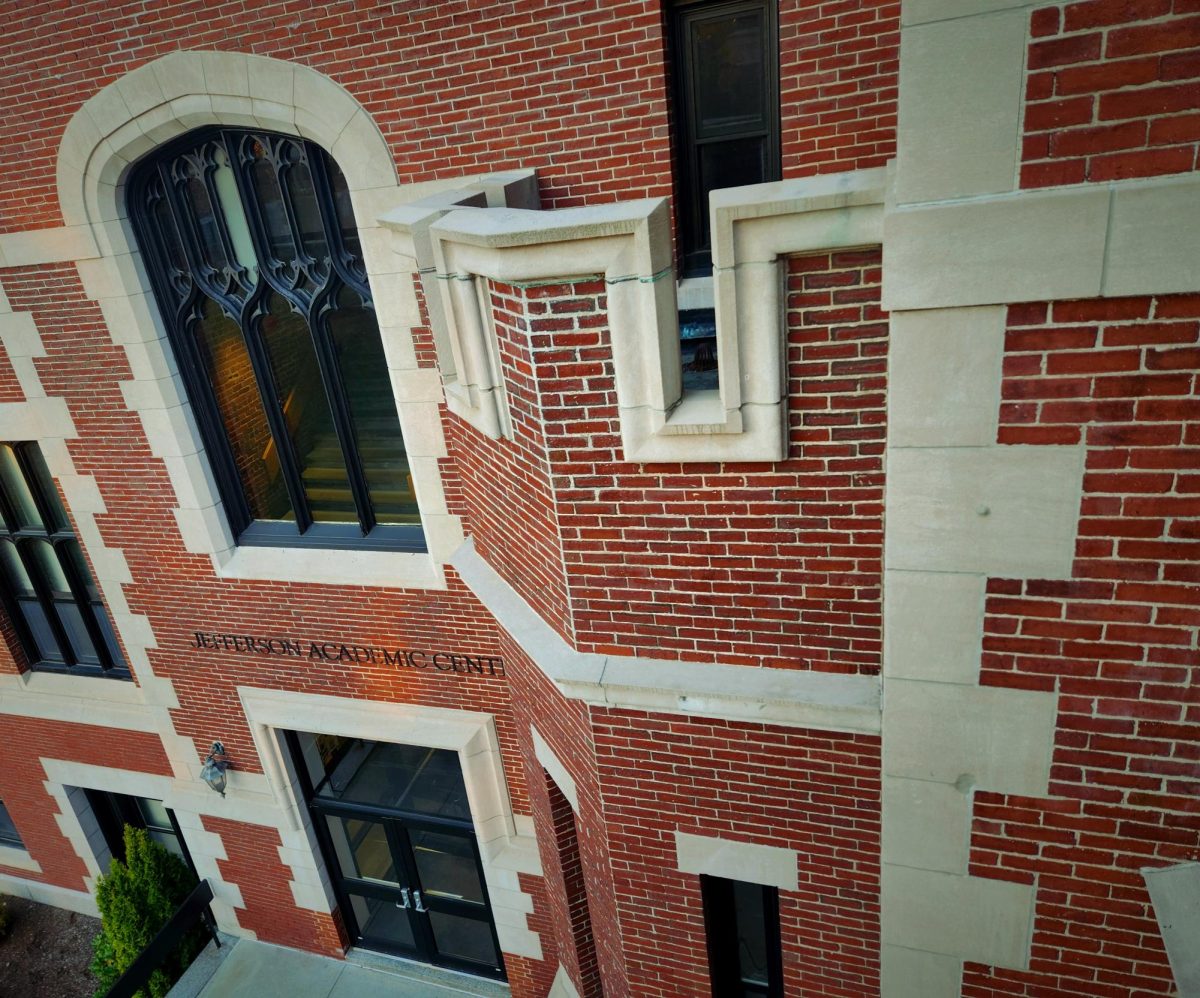Get ready, Clarkies–the 2024 Presidential Election is just a week away! First-time and seasoned voters alike can use the following ballot breakdown for those registered in Worcester to decide how they will vote beforehand. This mock ballot was developed using Ballotpedia, candidate websites, and TuftsNow.
President of the United States: Massachusetts voters will have the choice between six candidates and their running-mates. The nominees are Donald Trump and J.D. Vance for the Republican Party, Kamala Harris and Tim Walz for the Democratic Party, Jill Stein and Gloria Caballero-Roca for the Green Party, Chase Oliver and Mike ter Maat for the Libertarian Party, Claudia De La Cruz and Karina Garcia for the Party for Socialism and Liberation. Shiva Ayyadurai and Crystal Ellis are running as Independents.
538, which is an ABC project focused on election forecasting and reporting, ran 1,000 presidential election simulations. In these simulations, the Harris-Walz ticket won 543 times, the Trump-Vance ticket won 453 times, and a tie in the Electoral College occurred 4 times (less than 1%).
Check out Scarlet Staff Member Kennedy Griffin’s opinion article about why they are voting third party for President, Staff Writer Marcus Palumbo’s editorial about why he’s voting for Kamala Harris, and Opinions Editor Gabe Schmick’s article about Trump’s tax tariff policy.
U.S. Senate Massachusetts: The candidates running for the open U.S. Senate seat in Massachusetts are Incumbent Elizabeth Warren (D) and John Deaton (R). As Warren’s challenger in a heavily Democratic state, Deaton is in for a long, uphill battle. He defines himself as a “successful trial attorney, U.S Marine veteran, cancer survivor, and… a champion for other underdogs”. According to his website, his top issue is immigration, specifically Warren’s policies and her opposition to this year’s contentious immigration bill.
U.S. House Massachusetts, District 2: The two candidates running for the U.S. House of Representatives are Incumbent Jim McGovern (D) and Cornelius Shea (I). Shea served in the Marine Corps and then worked for AT&T before becoming a teacher at St. Casimir’s Alternative School in Worcester. Shea’s top issue is also immigration. He opposes McGovern’s decision to vote against the SAVE Act that would have required Americans to provide proof of citizenship to vote.
Massachusetts Governor’s Council District 7: According to Mass.gov, the Governor’s Council is a council composed of eight elected representatives and the Lieutenant Governor. The council “record advice and consent on warrants” for issues ranging from pardons to gubernatorial appointments (i.e. judges, public administrators). Two candidates, Incumbent Paul DePalo (D) and Andrew Couture (R) are running for this particular seat.
Massachusetts State Senate 1st Worcester District: Robyn Kennedy (D), the incumbent, is running for this seat uncontested.
Massachusetts House of Representatives 17th Worcester District: David LeBoeuf (D), the incumbent, is running for this seat uncontested.
Massachusetts Ballot Questions: Massachusetts voters will have the opportunity to consider the five following policy changes. As a general rule, voting YES will change the current law, and voting NO will maintain things as they are.
Question 1–Authorization of State Auditor to Audit General Court: A YES vote would allow the state auditor to audit the Massachusetts Legislature. According to TuftsNow, “administrative activities, cybersecurity norms, and purchasing practices” could be subject to audits, but “core legislative functions” would be barred from examination. While other state legislatures are permitted to be audited, instigating this process requires consent from the legislature itself.
Question 2–Repeal Competency Assessment Requirement for High School Graduation: Voting YES would eliminate the Massachusetts Comprehensive Assessment System (MCAS) as a graduation requirement for Massachusetts public school students without eliminating the MCAS itself. About one percent of Massachusetts high school seniors fail to graduate due to their MCAS scores. Most of this group includes English language learners or students with learning differences. School districts would be responsible for setting graduation standards “while resisting the temptation to boost graduation rates by setting a low bar,” according to TuftsNow.
Question 3–Unionization and Collective Bargaining for Transportation Network Drivers: If Question 3 passes, Massachusetts would become the first state to permit Uber and Lyft drivers to unionize. This is expected to both raise the cost of purchasing rideshare services and overall quality standards. The proposal is likely to be challenged through the courts, as it was in Seattle, WA in 2015. That being said, while rideshare unions are new in the United States, they are common in other countries.
Question 4–Legalization and Regulation of Psychedelic Substances: A YES vote would legalize psilocybin, psilocyn, dimethyltryptamine (DMT), and ibogaine–all psychedelic drugs–for recreational and therapeutic/medical usage in Massachusetts. Massachusetts would be the third state to legalize psychedelics but the first to authorize these drugs in therapy centers where applicable. For example, psilocybin has been proven to help treat anxiety in terminally ill individuals when prescribed and regulated. However, DMT and ibogaine can lead to neurological and cardiac issues. Regulations around psychedelics would be more restrictive than marajuana, also legal in Massachusetts. These regulations come with an increased cost, though, which might encourage more at-home use that could lead to dangerous complications.
Check out our Opinions Co-Editor, Gabe Schmick’s, opinions article about why he supports voting YES on Question 4.
Question 5–Minimum Wage for Tipped Employees: Voting YES would require tipped workers to be paid $15/hr rather than the current $6.75/hr. Tips would be shared between employees at the front and back of the house, which TuftsNow said could equalize pay among employees. Restaurants would likely have to raise their prices on menu items to cover the higher pay, and this would decrease demand–and tips–at restaurants. This could result in tipped workers being laid off and lowered demand in the market. On the other hand, it could also relieve pressure customers feel to tip.
There it is, Clarkies: a full breakdown of the Worcester ballot. Happy voting!





